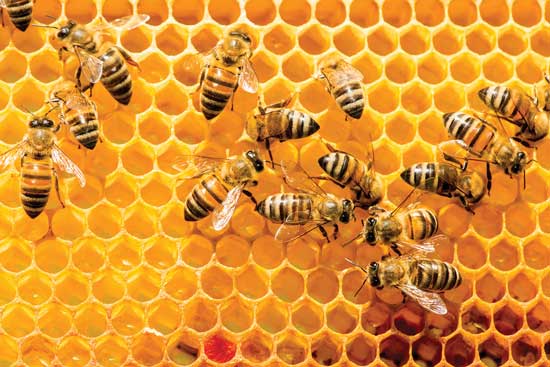EDITORIAL: World Bee Day 2024: Let the Bees Be and Breed

The World Bee Day, a United Nation’s calendar event, is celebrated on May 20, each year. According to the world body, the day was set aside as a global initiative to raise awareness about the importance of bees and other pollinators for the sustainability of Mother Earth.
The 2024 edition of the annual Bee Day is focused on the theme: “Bee engaged with Youth,” in recognition of the critical role that young people can play in tackling issues that affect bees and other pollinators.
Among others insects, bees are essential pollinators that facilitate the reproduction of flowering plants by transferring pollen from the male parts of a flower to the female parts, allowing plants to produce fruits, seeds, and new plants.
This process is vital for the reproduction of both wild plants and agricultural crops. It is estimated that bees and other pollinators contribute to the pollination of about 75% of the world’s food crops, including fruits, vegetables, nuts, and oilseeds.
It is widely acknowledged that the decline in bee populations, known as colony collapse disorder, has been aggravated by factors such as habitat loss, pesticide use, climate change, and diseases.
The World Bee Day, therefore, serves as a reminder to people around the world to protect and conserve these important pollinators, as their well-being is closely linked to our own food security and biodiversity.
Historically, the WBD is celebrated with the hosting of events and activities to promote bee conservation, which can include educational workshops, beekeeping demonstrations, planting bee-friendly gardens, and supporting local beekeepers.
This was based on the notion that by creating bee-friendly environments, reducing pesticide use, and supporting sustainable agricultural practices, the well-being of bees and other pollinators will be guaranteed.
The theme of this year’s WBD emphasizes the value of enlisting youth in beekeeping and pollinator conservation initiatives, acknowledging them as our planet’s future guardians.
NatureNews urges all leaders across sectors to support the goal of this year’s campaign aimed at increasing youth and stakeholder understanding of the critical role that pollinators, such as bees, play in agriculture, maintaining ecological balance, and protecting biodiversity.
We call for deeper involvement of youth in beekeeping endeavors, educational programs, and advocacy campaigns, which can motivate the next wave of environmental leaders and enable them to effect positive change in the environment.
Researched and produced by: Ojugbele Omotunde and Grace Samuel
